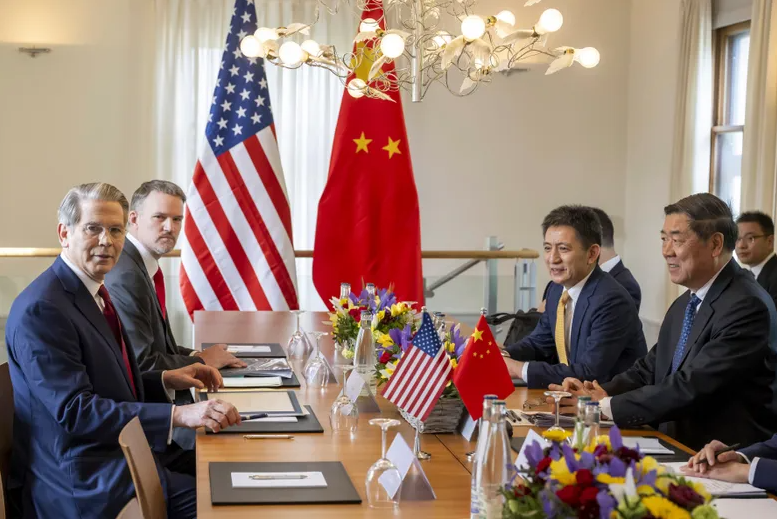
Ghulam Ali, PhD, Monash University, Australia
May 23, 2025
U.S. President Donald Trump’s unwarranted global tariff war, which began on April 2, 2025, with steep 145 percent tariffs on China, alerted economists to unforeseen global consequences. As China’s economy relied heavily on manufactured goods, and with the U.S. as its largest export destination, the Trump administration believed that imposing tariffs could weaken China and compel it to comply with its terms and conditions. Beijing, well-prepared in advance, proved this belief wrong. China’s resolute response within weeks forced the U.S. to enter negotiations, which took place from May 10 to 12 in Geneva, in which the two sides agreed to suspend tariffs for 90 days. The success of Beijing’s policy relied on several factors.
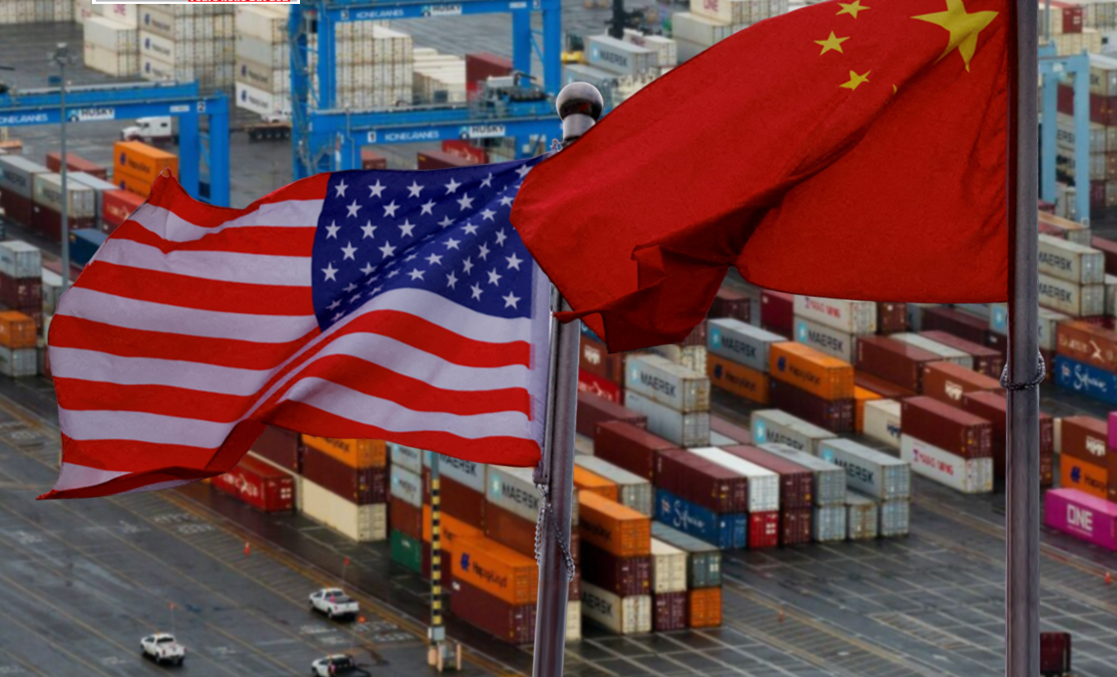
Ma Xue, Associate Fellow, Institute of American Studies, China Institutes of Contemporary International Relations
May 23, 2025
The recent China-U.S. economic and trade talks have helped ease trade tensions between the world’s two largest economies. Tariffs have been reduced significantly, lifting the pessimistic mood. However, a sustainable trade agreement has not yet been sealed.
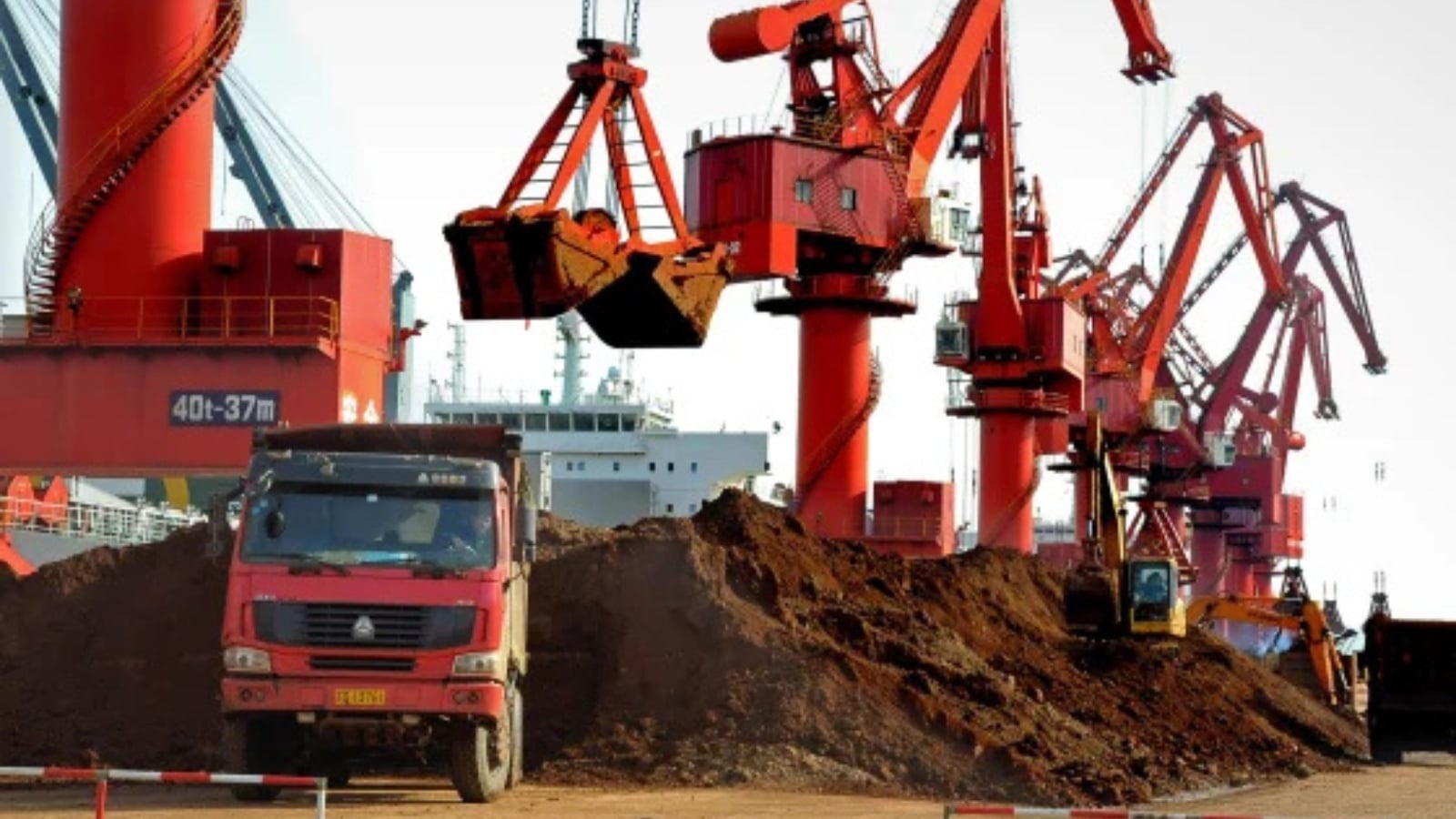
Christopher A. McNally, Professor of Political Economy, Chaminade University
May 23, 2025
China’s new export licensing system strengthens its control over key rare earth elements, deepening supply chain risks. Although new processing facilities are emerging abroad, they won’t soon offset China’s dominance, prolonging global uncertainty.
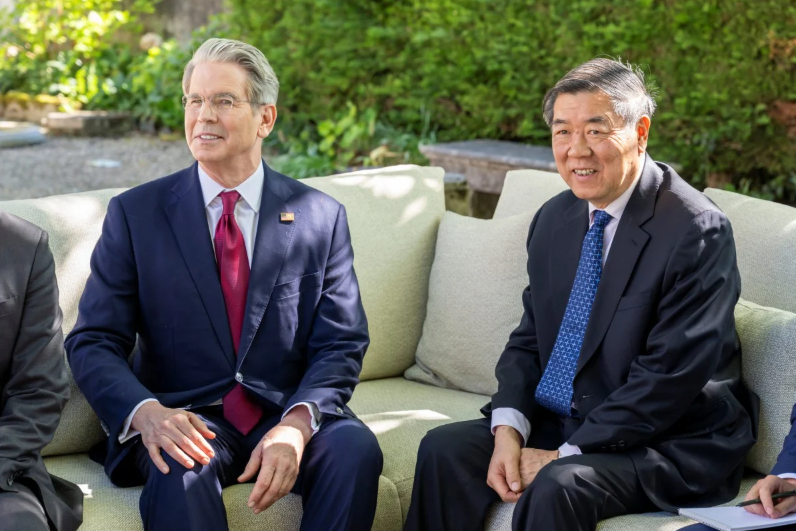
Fu Suixin, Assistant Researcher at Institute of American Studies, Chinese Academy of Social Sciences
May 22, 2025
To Donald Trump’s surprise, China showed no fear of tariffs. Instead, it launched a powerful tit-for-tat counteroffensive that caused the United States to back off. Trump’s pattern of bullying, his obsession with bellicose showmanship, his love of flattery and his attempts to instill fear are on display for all to see.
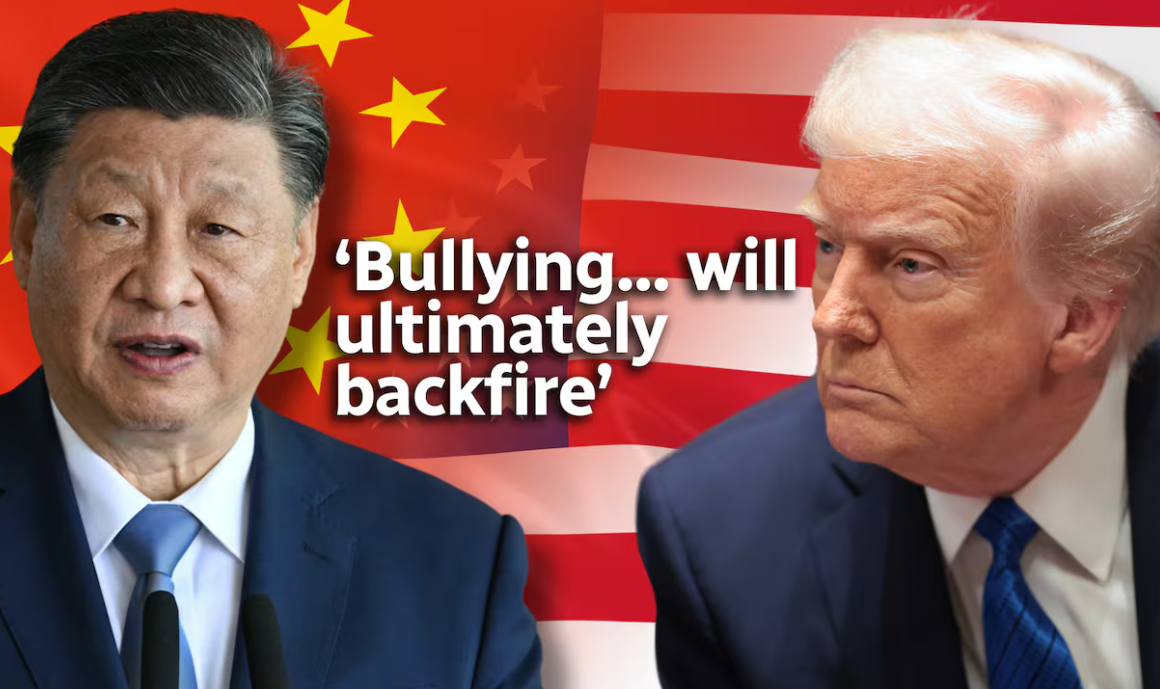
Brian Wong, Assistant Professor in Philosophy and Fellow at Centre on Contemporary China and the World, HKU and Rhodes Scholar
Apr 28, 2025
Speculation about a "Grand Bargain" between Trump and Xi persists, but deep divisions within Washington, Trump’s erratic leadership, and Beijing’s long-term strategic patience make a major breakthrough unlikely. Even if a meeting occurs, structural mistrust and political instability on both sides suggest any deal would be fragile at best.

Shang-Jin Wei, Professor, Finance and Economics at Columbia University
Apr 22, 2025
China has taken a tough stance against US President Donald Trump, matching the last two rounds of US tariffs with tariffs of its own. The US tariff on goods from China is now 145%, while China’s is 125%. Why does China take such a position, and are there any off-ramps that would allow it to mitigate the costs of a prolonged trade war?
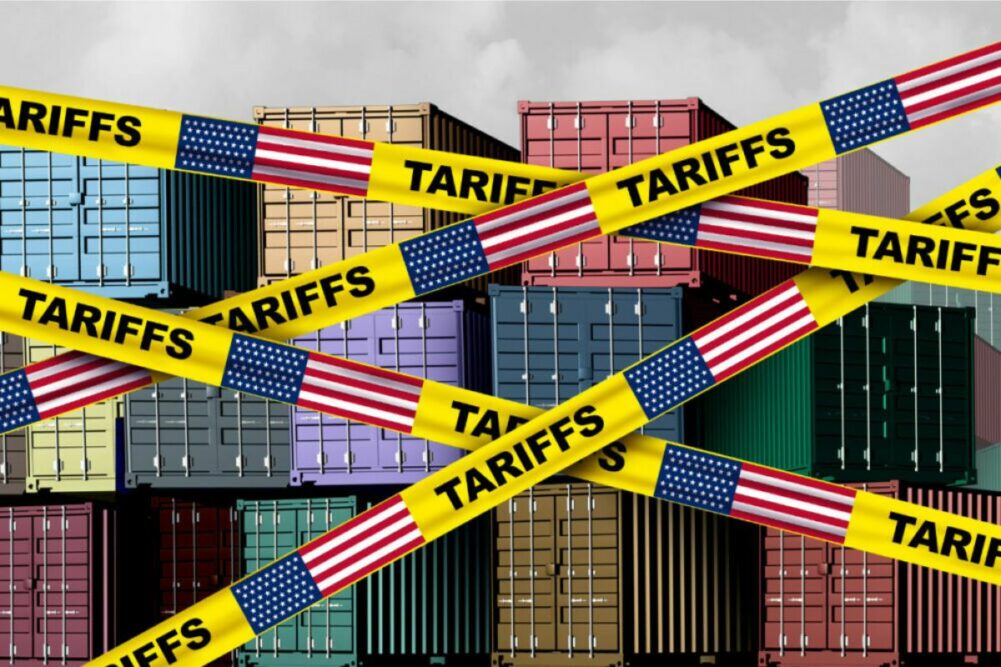
Huang Yiping, PKU Boya Distinguished Professor and Former Member of the Monetary Policy Committee, People’s Bank of China
Apr 14, 2025
US President Donald Trump’s “Liberation Day” announcement of sweeping new tariffs on imports from more than 180 countries will be remembered as a man-made economic tsunami. Many are already comparing it to President Herbert Hoover’s 1930 Smoot-Hawley Tariff Act, which slashed global trade by 66% in five years and deepened the Great Depression. Trump’s tariffs – most of which have been abruptly paused for 90 days – have rattled financial markets, prompting analysts to warn that the United States could enter a recession in 2025.
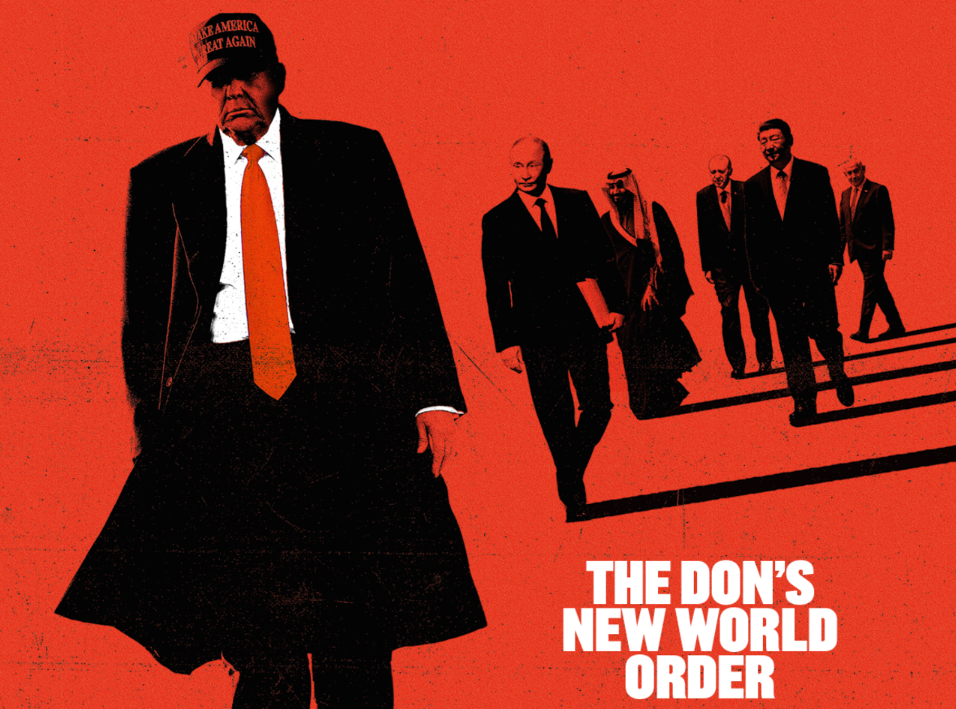
Ted Galen Carpenter, Senior Fellow, Randolph Bourne Institute
Mar 20, 2025
Trump’s second-term foreign policy asserts U.S. hegemony in the Western Hemisphere while exploring a great power system based on spheres of influence. Its success hinges on defining these spheres—especially between the U.S. and China—without destabilizing East Asia.
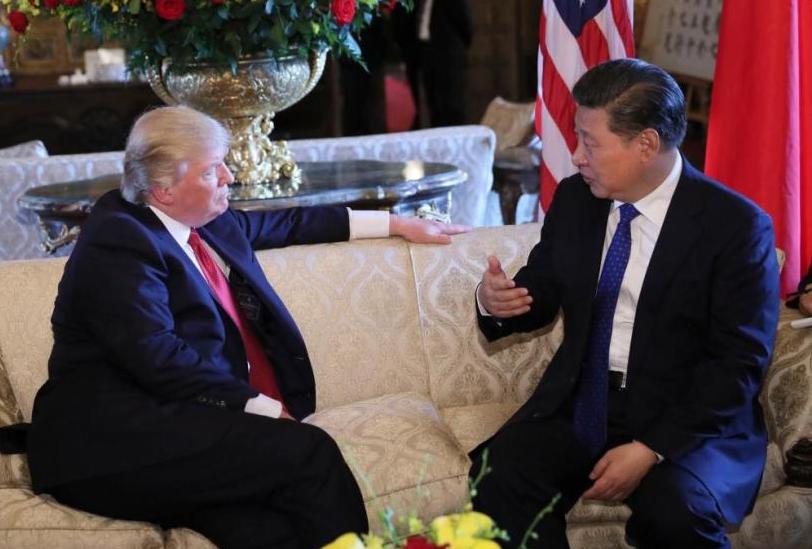
Philip Cunningham, Independent Scholar
Mar 14, 2025
Talks are underway for a U.S.-China summit this spring, with the choice of venue crucial to balancing Trump’s unpredictability and Xi’s preference for control. Hawaii and Hainan stand out as potential neutral sites, offering luxury, security, and a level playing field for both leaders.
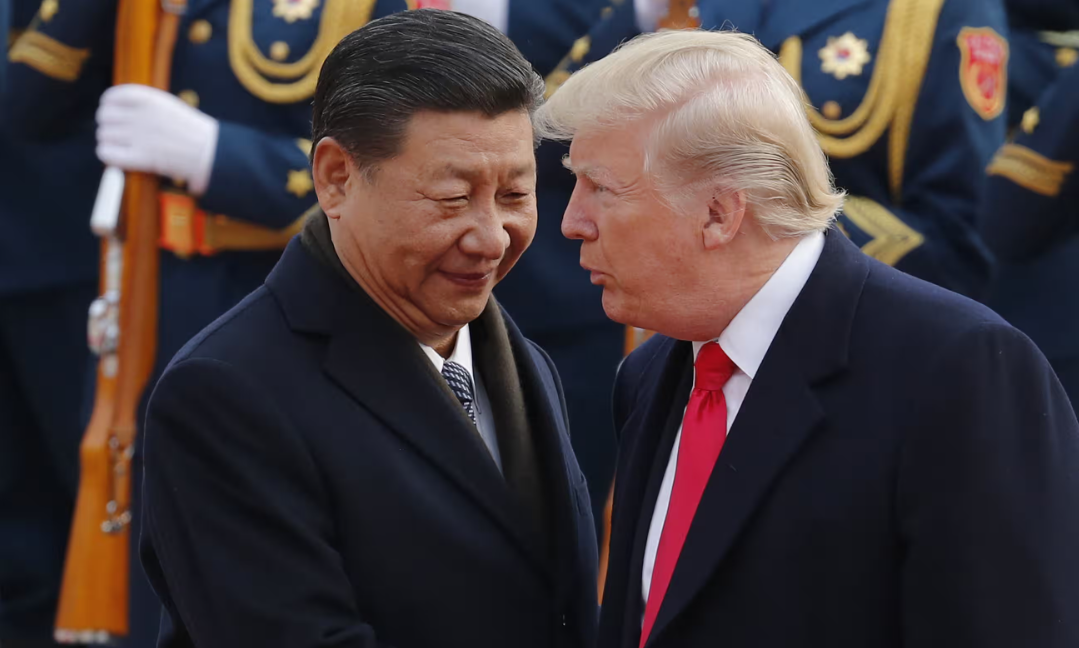
Christopher A. McNally, Professor of Political Economy, Chaminade University
Mar 07, 2025
Trump’s return creates uncertainty for Beijing, with potential economic risks from renewed tariffs and trade restrictions. While there are some prospects for relations to get better, the unpredictable nature of Trump’s policies and Washington’s internal challenges could also lead to further volatility between the U.S. and China.
Back to Top

- China-US Focus builds trust and understanding between the U.S. and China through open dialogue among thought leaders.
- Our Offerings
- Topics
- Videos
- Podcasts
- Columnists
- Research Reports
- Focus Digest
- Stay Connected
-
Thanks for signing up!
- Get the latest stories from China-US Focus weekly.